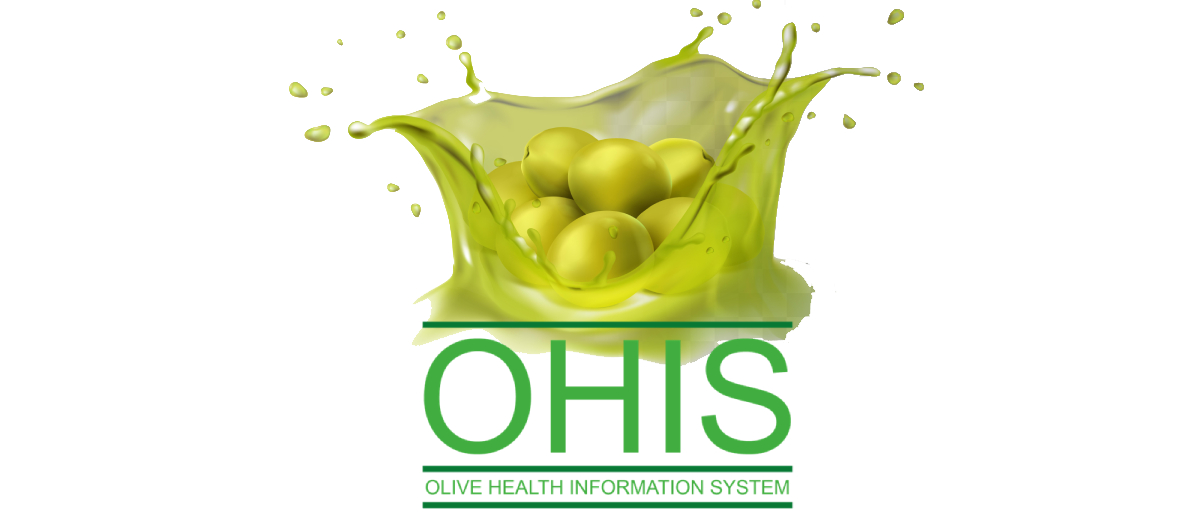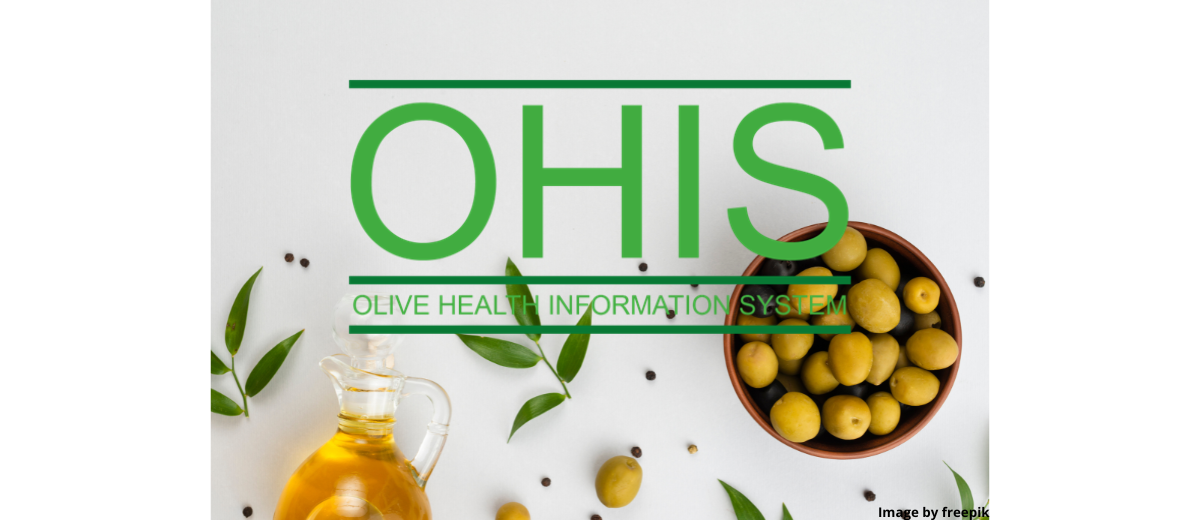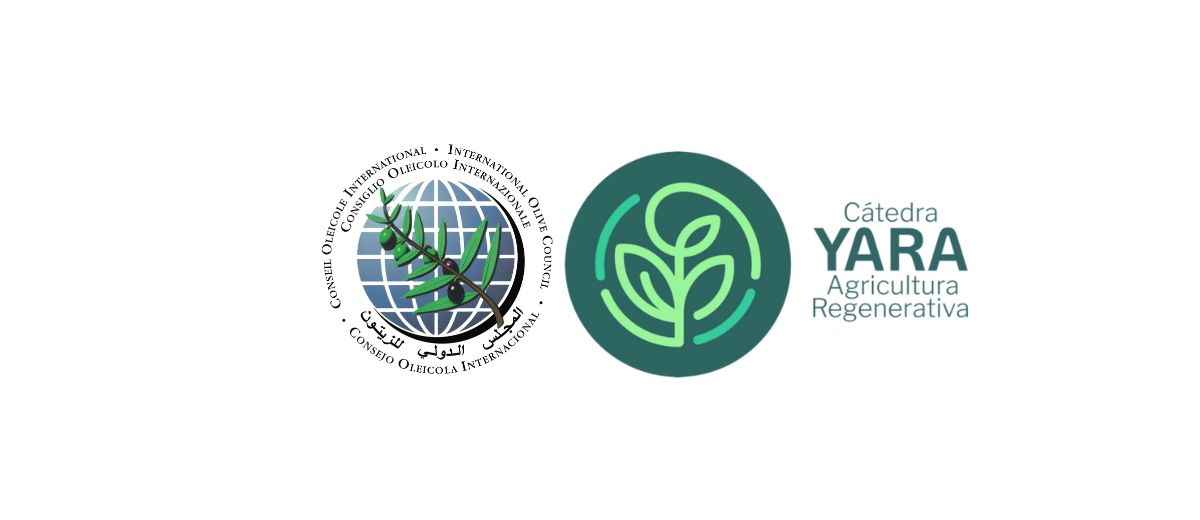In the last few years, there has been a growing interest in conducting remote nutritional intervention studies, as they offer a convenient and accessible approach to delivering interventions, particularly in situations where in-person contact is limited or not feasible. These remote interventions use methods such as online platforms or phone calls. In line with this, a clinical trial called PREDIDEP investigated the effect of a remote dietary intervention based on the Mediterranean diet in people who had recovered from depression. The intervention group showed a significant increase in adherence to the Mediterranean diet, particularly in the consumption of extra virgin olive oil, which is a key component of the MD diet. In addition, the intervention group showed a healthier dietary pattern, characterized by a reduced intake of refined cereals. The results suggest that remote nutritional interventions can effectively promote adherence to the Mediterranean diet and encourage healthier eating habits in people who have recovered from depression.
Olive oil has been extensively studied for its potential health benefits, including its protective effects against breast cancer. Research suggests that the consumption of olive oil, particularly the extra virgin variety, may play a role in reducing the risk of breast cancer development. However, it is important to note that the demonstrated benefits of olive oil on breast cancer risk have primarily been observed in Mediterranean populations. A study conducted in two U.S prospective cohorts did not find a significant association between higher olive oil intake and breast cancer risk. It was observed that the average consumption of olive oil in the U.S. is lower compared to Mediterranean populations. The paper emphasizes the need for further research to investigate the potential role of different varieties of olive oil, such as virgin and extra virgin olive oil, in relation to breast cancer risk. Finally, the study suggests that the reported health benefits of olive oil observed in the context of the Mediterranean diet may not directly apply to populations with low olive oil consumption, like the U.S. population. Therefore, more prospective studies are required to validate these findings and provide a deeper understanding of the relationship between olive oil consumption and breast cancer risk.
Click HERE to see the latest posts…










